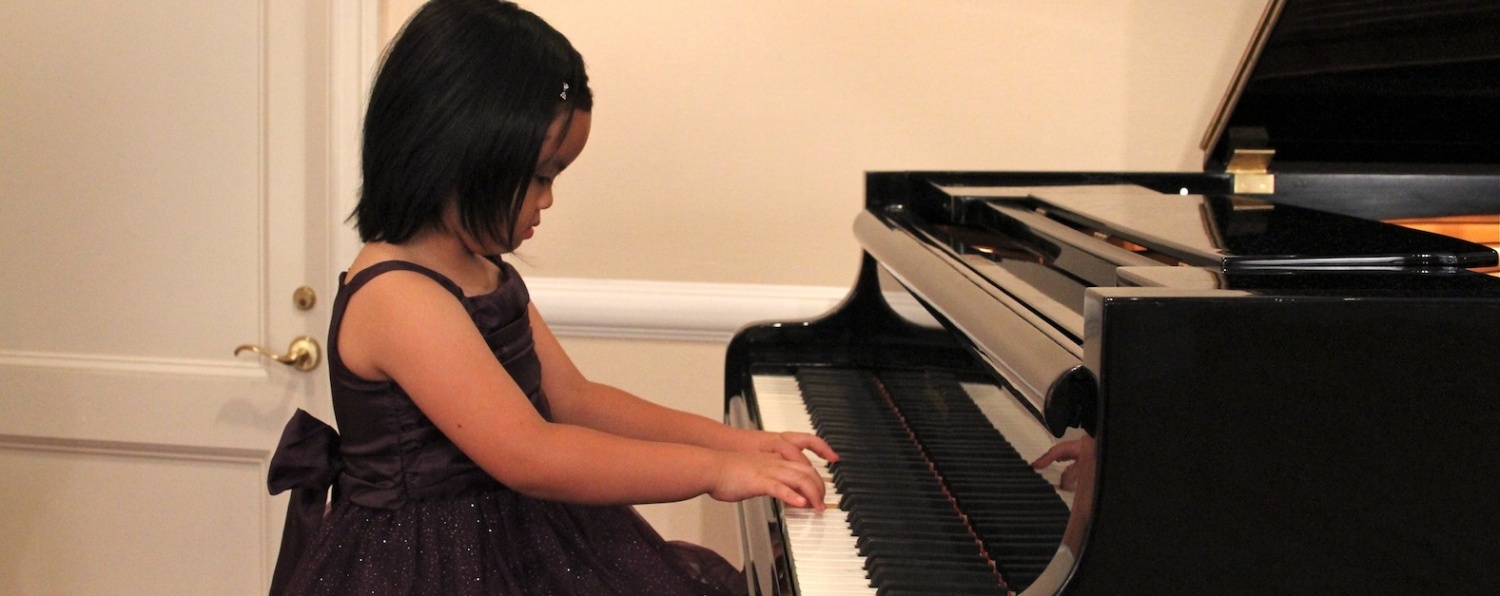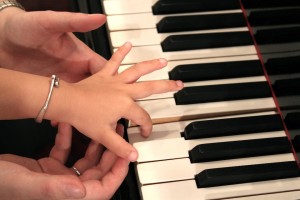

"Even a 3 year old can learn to play an instrument well if the right approach is used". Shinichi Suzuki
Children, like little “sponges”, absorb everything – especially at a young age.
Also called the Mother Tongue approach, the Suzuki Method is based on the idea of how every child learns to speak his or her native language. The essence of the Suzuki approach is that ANY 3 year old can learn to play an instrument, if a nurturing environment is created, combined with the right approach.
The Suzuki method differs from the traditional way of learning to play an instrument on many levels. Some examples:
AT TRIBECA PIANO STUDIO you can register for private and group lessons at any time during the year.
Because of the Suzuki students’ young age, an initial interview is required before registering for lessons – understandably, not every 3 year old is ready to take on the task of learning and playing the piano. A complimentary trial lesson is available upon request that can help parents to take a quick, “insider look” at a Suzuki piano lesson.
TRIBECA PIANO’S SUZUKI PIANO PROGRAM consist of a weekly private lesson and a weekly group class.
The private lessons can be 30, 45 and 60 minute long, depending on the child’s age, attention span and development. If schedule allows, even two private lessons a week can be taken – as more practice means more progress.
Group classes are 30 and 45 minute long, depending on the size and advancement of the class. All students participating in group classes learn the fundamentals of piano playing in their private lessons. At the same time, music and technique learned in private lessons is reinforced and further enhanced in group classes. And as a big bonus, to be able to play “solo” in front of others from week to week helps students to gain confidence as performers. That’s why the group classes at Tribeca Piano are also called the “Performance Classes”.
At Tribeca Piano, these classes are carefully designed, so the number of participating students is maximized to 7-8, therefore each student gets a fair share of performance time in each class.